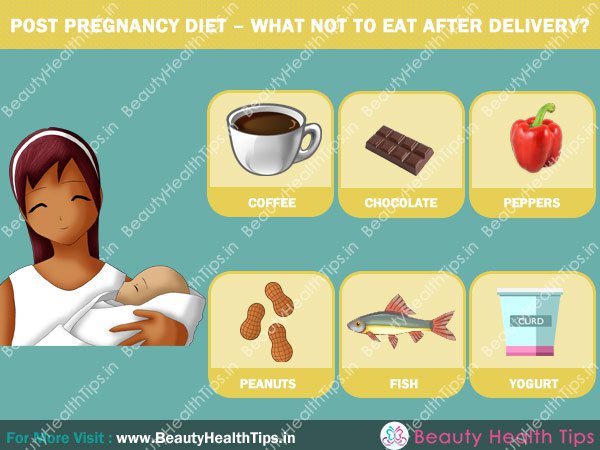Women may face increased difficulties when trying to get pregnant. If they’ve been trying for several months and yet failed, it may be time to seek medical assistance. A physical examination and testing could reveal the source of their fertility problems, and the woman may need surgical corrections or treatments to improve their fertility rates. By reviewing 8 reasons why they can’t get pregnant:
Polycystic Ovarian Disease
Polycystic ovarian disease is hallmarked by hormonal imbalances that decrease a woman’s chance of conceiving a child. Blood tests will show that the woman has greater than normal male hormone levels. Signs of higher levels are growing facial hair, looking their hair, or skipping several periods. They will also develop cysts in their ovaries.
To treat the condition, doctors set up surgeries to remove the cysts, and the woman is prescribed oral birth control to balance their hormone levels. Doctors place women on low-carb diets to reduce the risk of diabetes. A combination of these therapies is the best pcod solution for women.
Blocked Fallopian Tubes
Blocked fallopian tubes are caused by a history of endometriosis, pelvic infections, and sexually transmitted diseases. To treat the obstruction, the doctor performs a surgical procedure to remove the obstruction and clear the path to the fallopian tubes. Women with the condition will need to avoid STDs and seek immediate treatment if they contract an STD or pelvic infection.
The Effects of Endometriosis
Endometriosis is a disorder that affects the uterus. Uterine tissue grows outside the uterus and it will cause pain and dysmenorrhea. With endometriosis, women experience pain during their periods, during bowel movement, and intercourse. If it goes untreated, endometriosis could cause infertility, and it increases the risk of ovarian cancer.
Treatments for endometriosis include hormone therapy, surgery, aromatase inhibitors, fertility treatments, and hysterectomies to remove the ovaries. The doctor determines the best choice according to each case and if it is possible for the woman to become pregnant.
You Aren’t Ovulating
Doctors test women who aren’t ovulating to find the underlying cause. There are several factors that affect ovulations with the woman’s age being the most prominent. If she has a history of PCOS, the doctor will treat the condition according to her symptoms. Hormone-based birth control pills and patches can also affect ovulation. The doctor may change the woman’s birth control method or provide hormones to increase ovulation.
The Woman’s Age
Age is a serious contender when evaluating fertility. Women who are 35 and older have a reduced chance of conception. If they are at least 35, women need a full physical assessment to gauge their health, and they may need fertility treatments to increase their chances of getting pregnant.
The Father is Infertile
If the father is experiencing difficulties, the doctor may prescribe medications to increase their counts. They may need to undergo more complex surgical treatments if they have blockages or difficulties because of injuries.
Irregularities of the Uterus
Uterine can affect a woman’s chances of becoming pregnant. Abnormalities that affect the shape and size of the uterus are common reasons for infertility. Women with these conditions may undergo surgical corrections to increase their chances of fertility.
High-Stress Levels and Anxiety
High-stress levels and anxiety affect fertility and make it difficult to become pregnant. If women are experiencing excessive stress and anxiety, they need to follow steps to decrease their symptoms or get medication to correct their condition.
There are several reasons for failed attempts to get pregnant. A physical examination and fertility testing help women define why they haven’t become pregnant. Once they know the cause of their fertility issues, their doctor can provide an effective treatment to improve their chances of conception.





